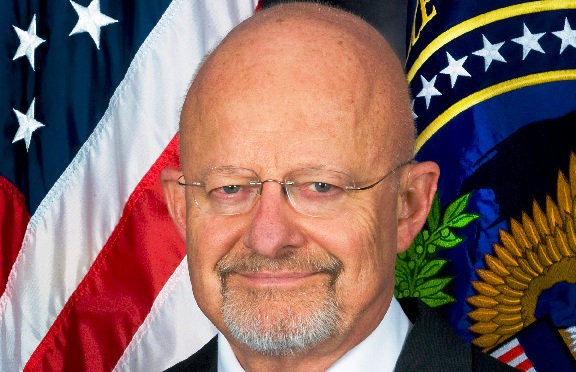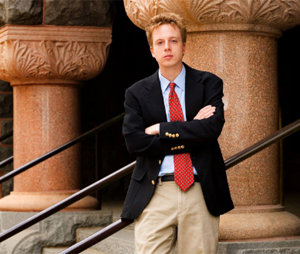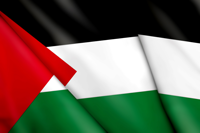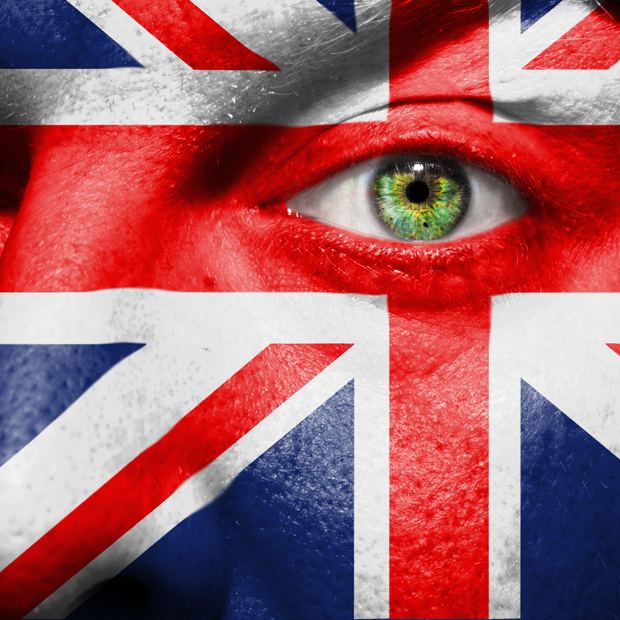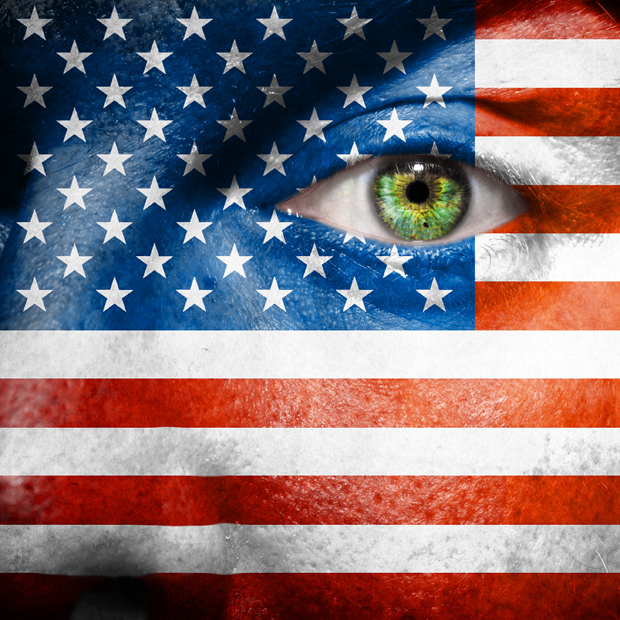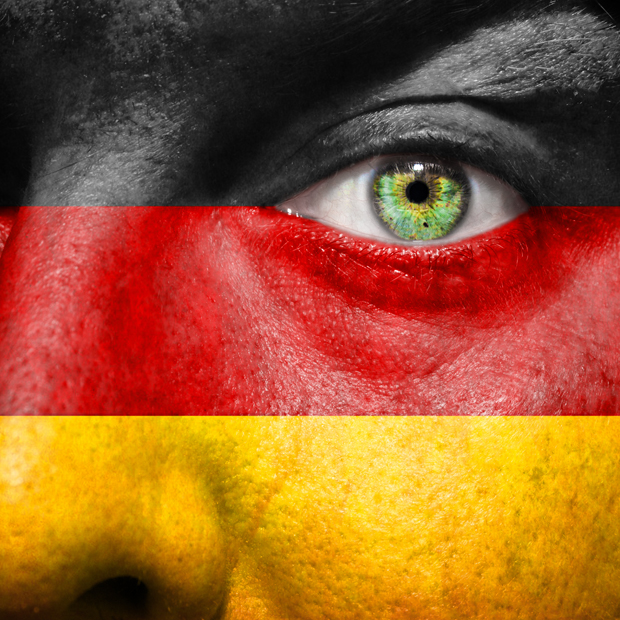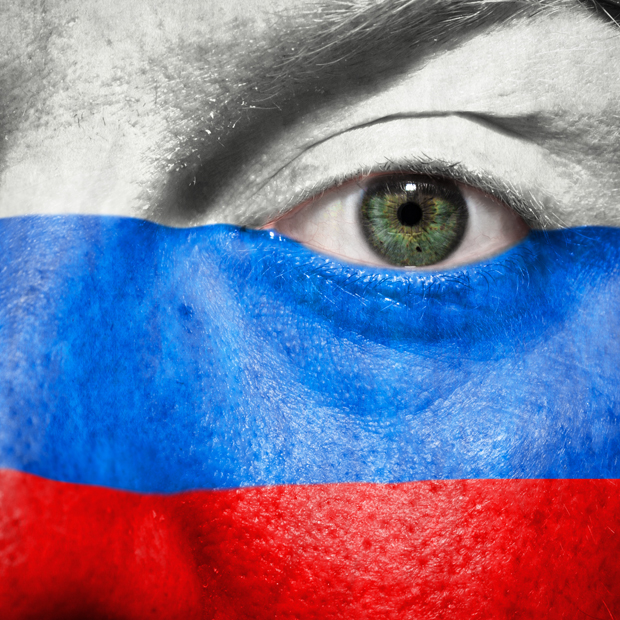Who will rid Pakistan of the west’s Weapons of Mass Surveillance, asks Sana Saleem
CATEGORY: Digital Freedom
The link that landed a journalist in jail and gagged the press
Josh Stearns of Free Press reports on journalist Barrett Brown who could face a 100-year prison term if he’s found guilty for linking to stolen information. He didn’t steal this information himself, nor did he post it online. He simply linked to it.
Harvard study: Actions speak louder than words in China’s censorship machine
A new Harvard study for the first time provides an inside look at the complex system of Chinese social media censorship. The report confirms a little-known theory: while messages referencing direct political action are banned, criticism of the communist leadership is often allowed. Milana Knezevic writes
Report finds challenges to digital freedom in Palestine
The internet is a vital platform for Palestinians to express themselves, but web access and targeting of social media users, bloggers and journalists remain big challenges, Milana Knezevic writes.
Mass surveillance sparks investigative journalism renaissance
The mass surveillance scandal has sparked an investigative journalism renaissance with virtually every major news organisation in the United States—not just the keepers of the Snowden files—getting in on the act. Trevor Timm writes
Letter: Surveillance in Europe
Index on Censorship calls on the Parliamentary Assembly of the Council of Europe to investigate mass surveillance and protect whistleblowers
United Kingdom: A tarnished reputation for free expression
The United Kingdom has a reasonably good freedom of expression environment although for a long-established democracy, its record is average.
Watch: David Miranda lawyer says case is of concern for journalists worldwide
United States: Free expression constrained by cultural and political factors
Freedom of expression is generally protected in the US, but political, legal, economic and cultural factors continue to constrain this fundamental right.
Vietnam’s dysfunctional relationship with the web
Decree 72, due to come into force September 1, has caused friction as it essentially prohibits people from posting links to news stories, or sections of news articles, on social media sites such as Facebook or the equally popular, locally produced Zing Me, Helen Clark writes
Germany: A positive environment for free expression clouded by surveillance
The situation with regards to freedom of expression in Germany is largely positive, but there are questions over internal mass surveillance.
Russia: Rolling back free expression
Russia’s environment for free expression is deteriorating, especially since the 2012 re-election of President Vladimir Putin.

